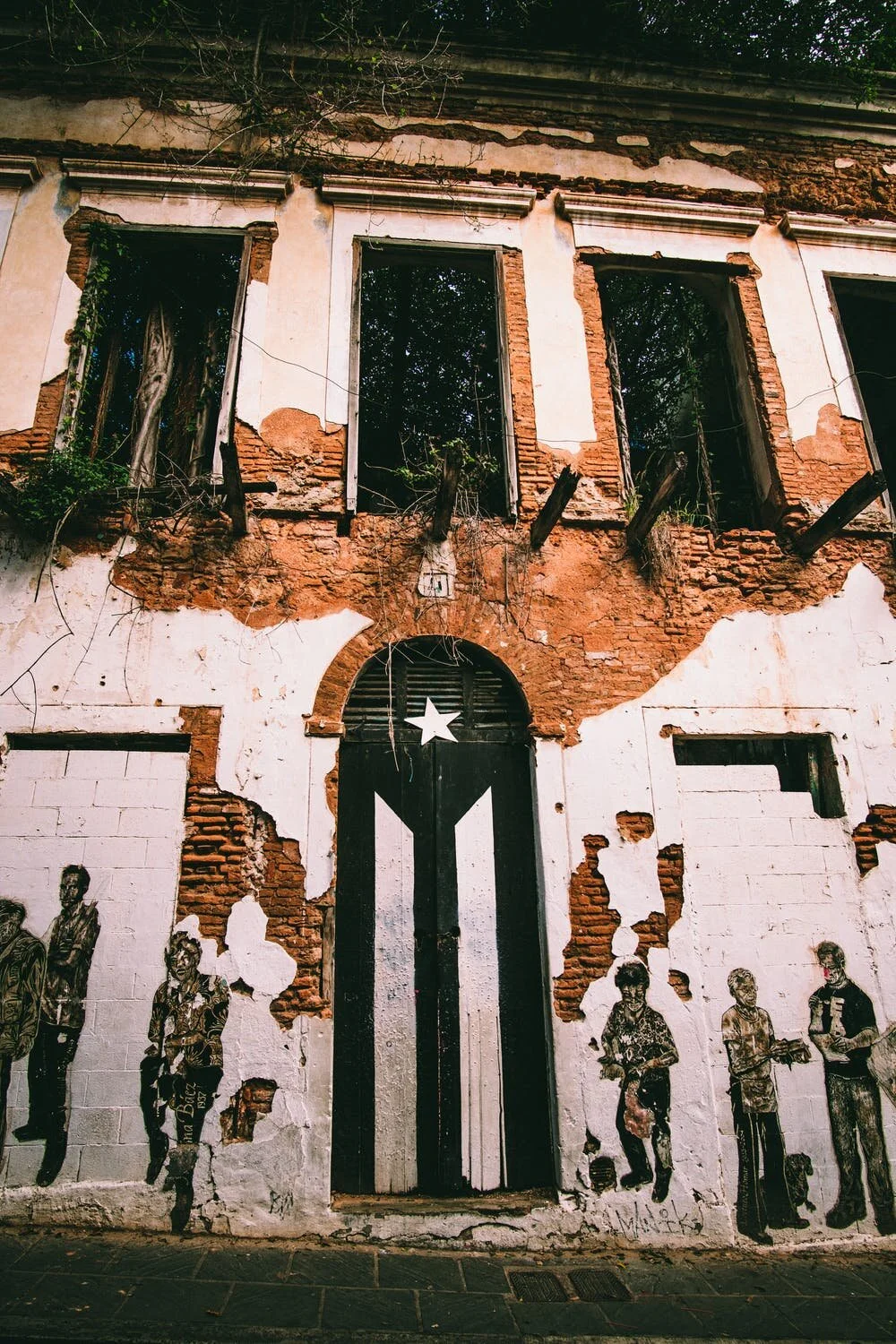by Sophie Kelly
With the discussion centered in energy justice and a clean energy transition, the panelists — 2 of whom are Puerto Rican — brought amazing insight to the table. Informed by extensive experience organizing within local Puerto Rican communities, the panelists highlighted the complex discussion of Puerto Rico’s sovereignty and the impact that decades-long colonialism and abandonment by the U.S. government has had on the environment, infrastructure, and the health and safety of all Puerto Ricans.
The election is quickly approaching (it’s 41 days away, please register to vote!) and candidates are eager to weave Puerto Rican interests into their platforms. Democratic Presidential Candidate Joe Biden and Vice Presidential Candidate Kamala Harris made history on the first day of Hispanic Heritage Month by introducing a robust plan for a Puerto Rican recovery, something no President or Presidential candidate has done before.
The “Plan for Recovery, Renewal, and Respect for Puerto Rico,” is focused on rebuilding Puerto Rico’s infrastructure in light of the catastrophic events of Hurricanes Irma and María and earthquakes at the start of 2020. The plan has four key tenets, all of which outline specific goals for action:
- Support a full recovery and infrastructure reconstruction to modern standards. For example, this would include forgiving all Federal Emergency Management Agency (FEMA) disaster loans (roughly $300 million) and ensuring that all federal funds are being delivered with a concerted effort to uplift small business owners.
- Invest in Puerto Rico’s future through economic development initiatives and support for families. For example, this would include strengthening the Island’s energy system to ensure power for all citizens, expanding access to healthcare (including access to free COVID-19 relief programs), and providing Supplemental Security Income benefits that have been granted to Puerto Ricans in a federal court, but appealed by the Trump administration.
- Provide relief from unsustainable debt. For example, this would include restructuring the Financial Oversight and Management Board (FOMB) to ensure representatives of Puerto Rico have a voice and to reverse course on their policy of fiscal austerity.
- Expand access to education and workforce development. For example, this would include tripling Title I funding for schools serving children from low-income families and fully funding the Individuals with Disabilities Education Act (IDEA) that would allocate $300 million of additional funding for schools.
The plan addresses overarching issues that have stymied resilience and growth in Puerto Rico, namely a crippling debt crisis and deteriorating infrastructure caused and exacerbated by an increasing onslaught of climate crisis-fueled natural disasters.
Biden and Harris’s plan briefly mentions the long contested issue of Puerto Rico’s political status — a debate that is also deeply relevant to the fight for energy justice and a clean energy transition for the Island. This November, a plebiscite (the direct vote of all the citizens on an important public question) on Puerto Rico’s status will offer more clarity on the wishes of Puerto Ricans for a pathway forward.
After enduring the impacts of colonialism, widespread mismanagement of resources by the U.S. and local Puerto Rican government, and multiple destructive climate events within such a short timespan, Puerto Ricans are intimately aware of the urgency to restructure the energy system so that all citizens have access to power, especially in times of crisis. Biden and Harris’s plan acknowledges this massive gap in the infrastructure that has long been lacking from previous (and existing administrations). As we learned from our panelists Alex, Amalia and Jorge last week, the urgency for a new power system must be met by bold solutions that center people, resilience, and the health of our climate. Biden and Harris’s plan for Puerto Rico is promising (and unprecedented), and we hope it can have a positive impact if they win the upcoming election. Yet it is equally important that existing grassroots projects continue to receive public and financial support so progress can also be made from the bottom-up. This local focus also ensures that the needs of Puerto Ricans are actually being valued and carried out at the federal level. Here are two things you can do this week: continue supporting Climable’s efforts to bolster energy justice in Loíza by donating to our campaign, and check out AgitArte’s podcast, When We Fight We Win. As always, please reach out with any questions, comments, and ideas. Stay tuned for more blogs coming soon!


